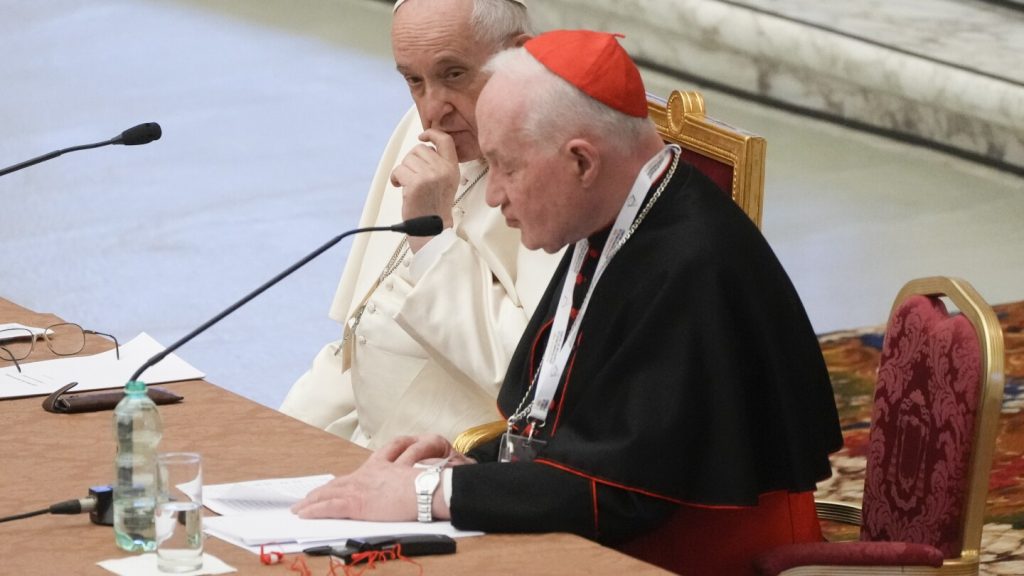The Vatican has formally protested to France after a court ruled that a former high-ranking Vatican official was liable for the wrongful dismissal of a nun from a religious order. The court criticized the secretive process used by the Vatican to remove the nun from the Dominicans of the Holy Spirit after an internal investigation. The Vatican stated that it had not been notified of the verdict, but still considered it a grave violation of religious freedom. Pope Francis had tasked Cardinal Marc Ouellet with conducting an investigation that led to the nun’s expulsion in 2020 after 34 years in the order.
The former nun’s attorney claimed that the Vatican’s canonical investigation violated her fundamental rights, including the right to a defense. The nun was not informed of the accusations against her or the reasons for her expulsion. The court also raised concerns about Ouellet’s involvement in the case, noting his relationship with another sister in the community who opposed the nun. The Lorient court ruled that the nun’s expulsion was unjustified and ordered Ouellet, the religious order, and Vatican envoys to pay damages and fines totaling over 200,000 euros. The defendants are appealing the decision.
The case highlights the increasing willingness of the French justice system to intervene in matters involving high-ranking church officials, particularly regarding allegations of clergy sexual misconduct and cover-up. In 2020, a French appeals court overturned a conviction against Cardinal Philippe Barbarin for covering up sexual abuse within his flock. That same year, a Paris court convicted a retired Vatican ambassador to France of sexually assaulting five men and handed him a suspended prison sentence. The Vatican had lifted the ambassador’s immunity to allow the trial to proceed.
The Vatican frequently conducts internal investigations into religious orders and dioceses, often in response to complaints of financial mismanagement, abuse, or governance issues. These measures are considered internal to the Catholic Church’s life and are not typically subject to secular judicial review. The Lorient court’s decision represents a rare intrusion of secular justice into internal church affairs. The ruling sheds light on how canonical procedures may conflict with contemporary concepts of defense and fair judicial processes.
Overall, the case involving the nun’s expulsion from the Dominicans of the Holy Spirit and the subsequent legal proceedings in France reflect a growing trend of secular courts challenging high-ranking church officials in matters related to misconduct and cover-up. The Vatican’s protest to France underscores the complexities of navigating diplomatic and legal issues when secular courts intervene in internal church affairs. The outcome of the appeal process will likely have significant implications for the relationship between civil and ecclesiastical authorities in France and beyond.


